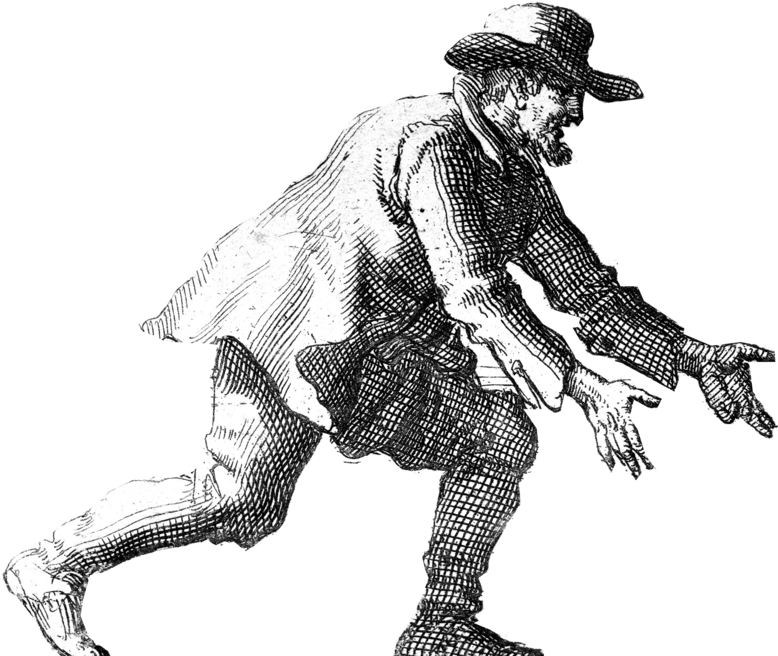War of the Worlds
A long time ago a friend of mine had the double-LP progressive rock album Jeff Wayne’s Musical Version of The War of the Worlds. I dredged up a bootleg on youtube and listened to it again.
I think this album stands the test of time, it sounds good. I also think my musical knowledge, while still rudimentary, has become broader. It’s pretty clear to the 2024 me that this is an operatic or symphonic work, not merely a prog rock double album, which is how I originally listened to it.
I also listened to a small “making of” documentary, that was mostly an interview with Jeff Wayne. He mentioned still having his marked-up copy of War of the Worlds from 1976 when he was writing the musical version. I realized I’d never watched the entirety of any of the movie versions, even though I knew Trace Beaulieu’s Dr Clayton Forrester from Mystery Science Theater 3000 was named from the main character of the 1953 movie. I realized I’d never read the book, either.
I bought a copy of the Penguin Classics edition. It’s not exactly a “critical” edition, but it does have footnotes, a short biography of Wells, a map of the area where Wells set the story, and a “Note on the text”.
The “Note on the text” reinforces my ideas on information transmission across the gulf of time. It also illustrates how texts other than the Bible can have alternate readings because of circumstances peculiar to the time and place. War of the Worlds was originally a serial published in some magazine, then Wells reworked it into a book. Several editions got published. Wells himself did not proofread The first North American (“Atlantic”) edition due to transatlantic information transfer restrictions in the 1890s.
The map of the small towns surrounding London in 1898 reminds me of the precious little maps of The Holy Land in the Time of Jesus that most US Bibles come with, only produced using MS Paint.
The story itself is a little stuffy, Victorian Circumlocutions abound. Wells tries to impress us with his vocabulary, but it’s recognizable as science fiction here in 2024. Wells’ Mars is depicted with the scientific data of 1898, much as von Braun wrote about a very different Mars in Project Mars. Both visions of a Mars that never was, both products of yesterday’s tomorrows.
Wells conjured up Martians according to the best science of the day. Sure, they were weird, reproducing via parthenogenetic budding, and not having much in the way of organs except brain, eyes, lungs and hands, but that’s what Wells projected as an end point of evolution.
Unlike von Braun, Wells wasn’t too sure how Martians would get themselves to earth. In 1897 Tsiolkovsky was probably just working out the implications of the Rocket Equation, so Wells employed a little handwavium and glosses over exactly how the Martian transport themselves to the earth. This is still in the grand tradition of science fiction, and doesn’t mar the story at all.
Wells made an effort to figure out the logistics of an invasion from Mars. The first Martian landing craft contain tripod fighting machines with “heat-rays” (which I, in 2024, think of as infrared lasers) and some kind of curdled black smoke biological weapon. Martian use these tripods to clear out the Victorians, quell resistance, and establish a beachhead.
Construction vehicles follow the fighting machines. Later landing craft bring “handling-machines”, large, legged utility vehicles which the Martians are using to build their main earth base just before earth bacteria and/or viruses do them in. The handling-machines also see use in capturing live humans, who serve as sources of nutrition to the Martians via transfused blood.
Wells briefly notes that the Martians carry some kind of bipedal food animals along in their spaceships. I feel like he could have done more with this symbiotic or even parasitic relationship between Martians and their food animals. Or perhaps that would have offended Victorian sensibilities.
Where Wells projects a grudging admiration of the Martians, he does not exhibit a high opinion of humanity. A good sized section of the book is devoted to a description of panic stricken crowds fleeing London. A “curate”, a local church’s minister, I think, gets trapped with the narrator for a few days in a wrecked house. The curate sees the invading Martians through the lens of his religion, and is completely useless. He also gets eaten by the Martians. A British artilleryman the narrator encounters twice is better at surviving, but worse at conceptualizing long term survival under a pitiless Martian hegemony.
I can’t wait for copyright to run out on William Gibson’s Neuromancer, and a comparable semi-critical edition to be released.
I’m not holding my breath.
